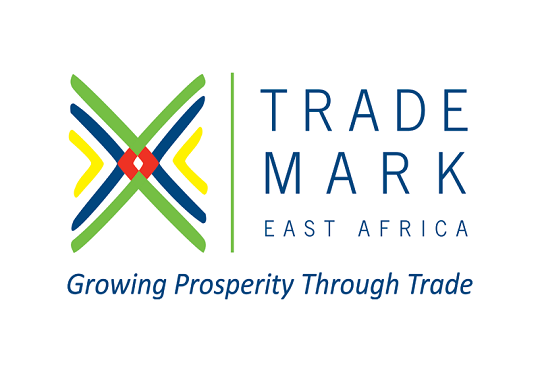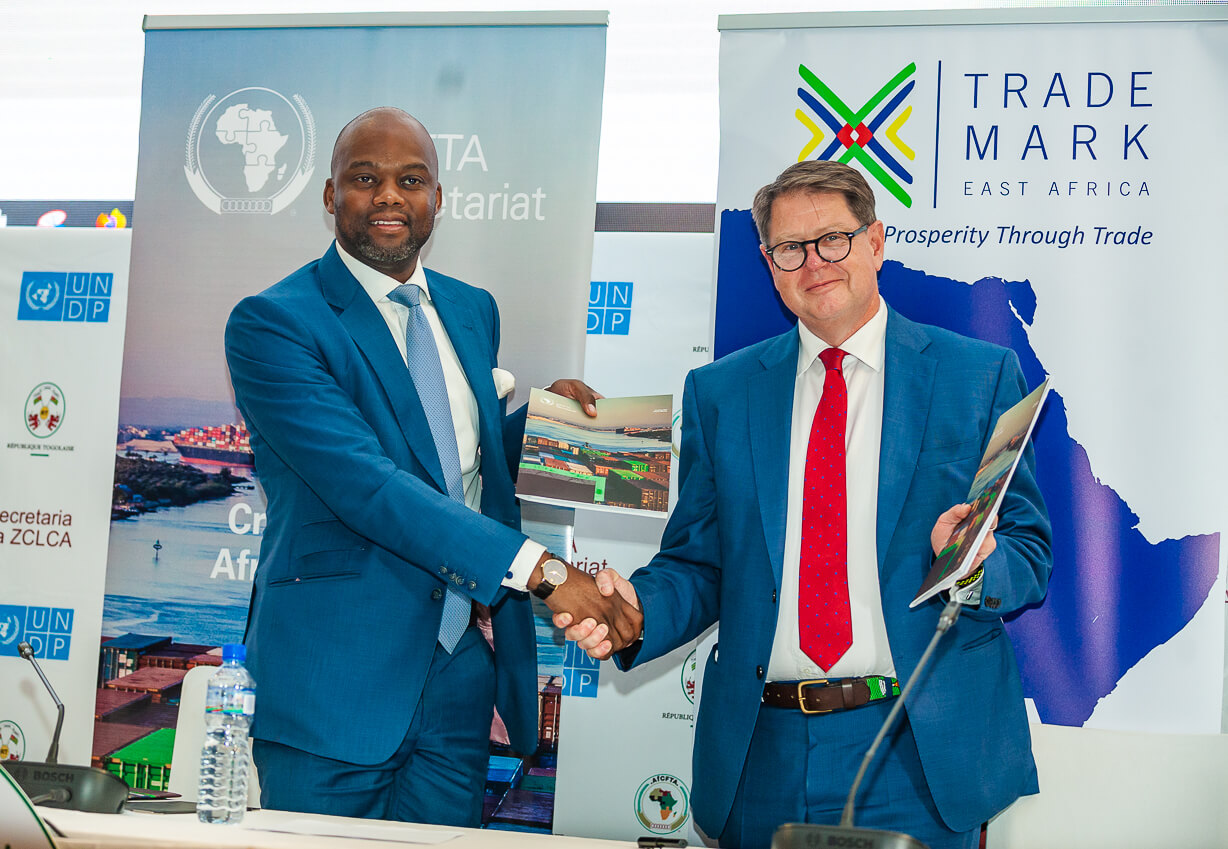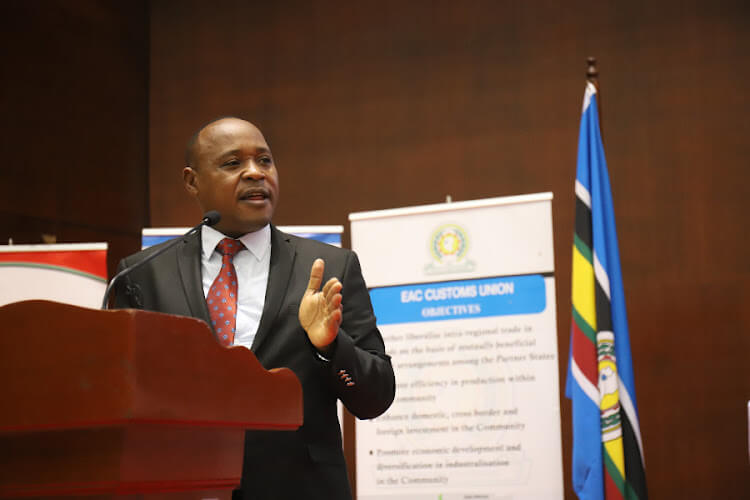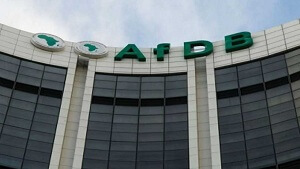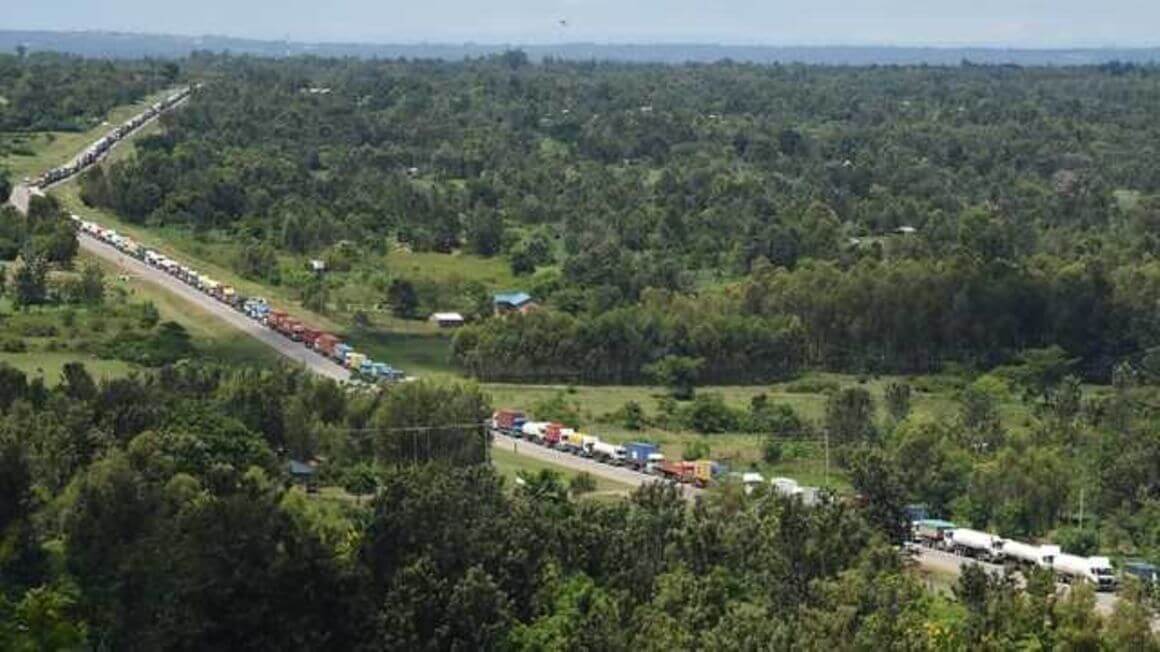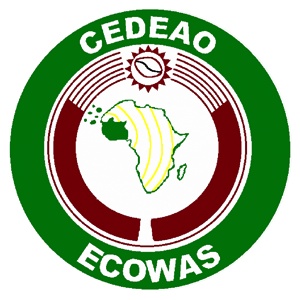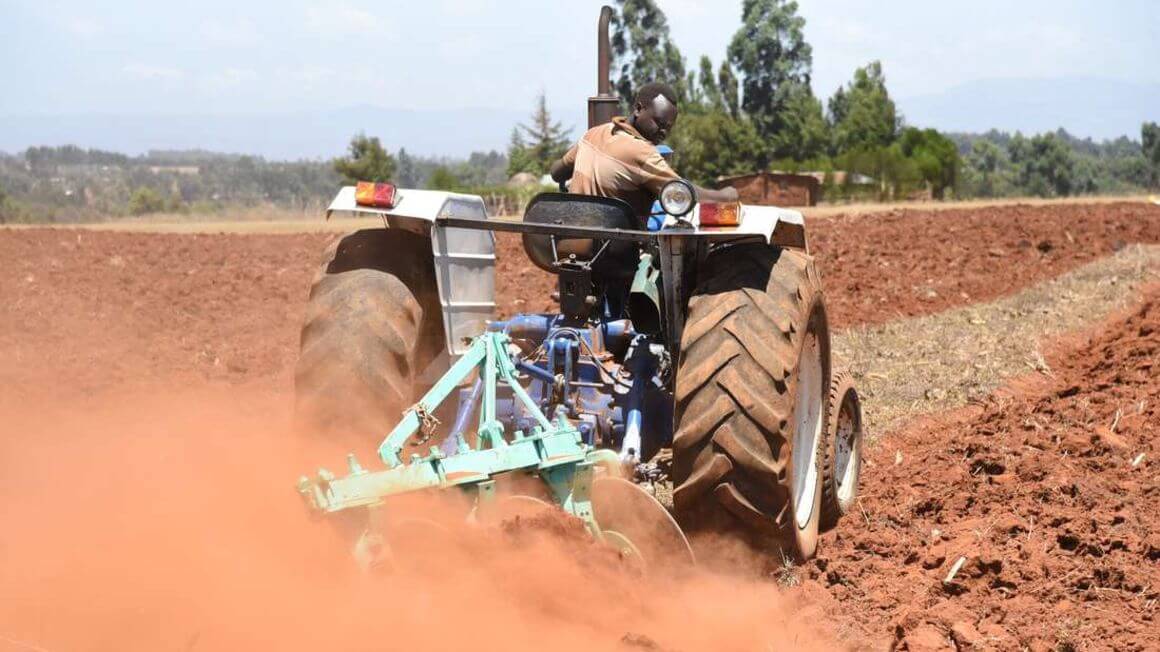The African Continental Free Trade Area (AfCFTA) Secretariat and TradeMark EastAfrica (TMA) have signed a Memorandum of Understanding (MoU) that is set to boost trade in Africa. AfCFTA and TMA are now aiming at increasing prosperity in the African continent through the liberalization of trade. Barriers to trade The deal which was signed in Lome, Togo, by Wamkele Mene, Secretary-General of the AfCFTA, and Frank Matsaert, Chief Executive Officer at TMA will now see the organizations embark on working to reduce barriers to trade across Africa. This will be achieved by supporting engagement with the continent’s private sector on trade and economic development issues. Digitizing key trade processes These include digitizing key trade processes at a national level followed by linking these at a regional level and supporting policies to promote e-commerce across the Continent. Also in the agreement is developing regional value chains and investment; and developing Africa’s cross-border trade with a focus on women traders, youth, and MSMEs. Share of costs The agreement will allow the two organizations to share costs and support each other in logistical challenges as they seek to implement programs to develop trade across Africa. “The MoU will further allow TMA to carry out the necessary reforms needed to fully implement AfCFTA’s trade agreement, unlocking the Continent’s trade potential and increasing market competition. This will, in turn, translate into much-needed jobs within the target sectors,” said Mene. “We thank the AfCFTA Secretariat for the strong partnership forged and we look forward to jointly generating impact for...
AfCFTA, TMA sign deal to boost trade in Africa
Posted on: September 20, 2021
Posted on: September 20, 2021

